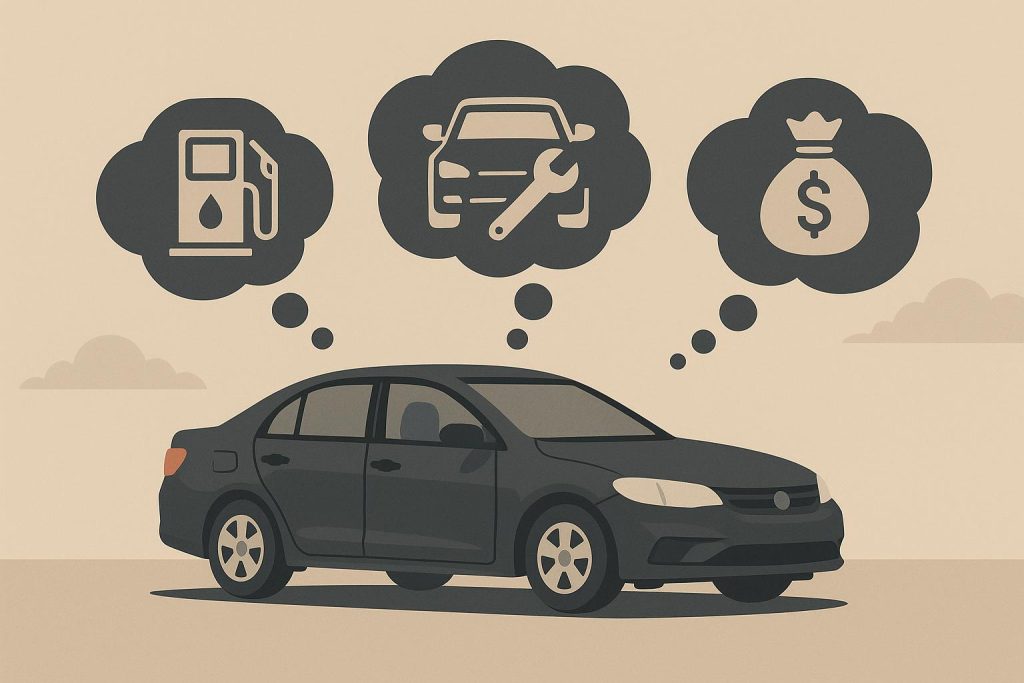The shift towards sustainable mobility has brought about a major debate — hybrid cars vs electric vehicles (EVs). With increasing fuel prices, government incentives and environmental concerns, you might be wondering which is the better option. Both hybrids and EVs have their advantages and limitations. In this blog, we’ll compare them based on important factors like cost, performance, range and long-term benefits.
Owning a car also means considering car insurance online, which protects you financially in case of accidents or damages. Whether you choose a hybrid or an EV, the type of insurance you need will differ based on the vehicle’s specifications.
Understanding Hybrid Cars
Hybrid cars use both a petrol/diesel engine and an electric motor to improve fuel efficiency and reduce emissions. The electric motor assists the engine, especially at lower speeds, reducing fuel consumption.
Benefits of Hybrid Cars
- Better Fuel Efficiency: Since hybrids use an electric motor alongside a petrol engine, they consume less fuel compared to conventional cars.
- Lower Emissions: They produce fewer emissions than petrol or diesel cars, making them more environmentally friendly.
- No Range Anxiety: Unlike EVs, hybrids do not need charging stations, making them ideal for long-distance travel.
- Regenerative Braking: This feature helps recharge the battery while braking, improving overall efficiency.
Drawbacks of Hybrid Cars
- Higher Initial Cost: Hybrids are more expensive than conventional petrol or diesel cars due to their dual powertrain.
- Limited Electric-Only Range: The electric motor in hybrids can only run for short distances.
- Maintenance Costs: The combination of an engine and an electric motor increases maintenance cost.
Understanding Electric Vehicles (EVs)
EVs run solely on electricity and are powered by rechargeable batteries. They do not have an internal combustion engine, which means zero emissions and a quieter driving experience.
Benefits of EVs
- Zero Emissions: EVs are completely eco-friendly as they do not burn fossil fuels.
- Lower Running Costs: Electricity is cheaper than petrol/diesel, and EVs have fewer moving parts, reducing maintenance expenses.
- Government Incentives: Many governments offer tax benefits and subsidies on EV purchases.
- Smooth and Silent Drive: EVs offer instant torque and a quieter ride compared to traditional cars.
Drawbacks of EVs
- Limited Range: Despite improvements, EVs have a limited range compared to petrol or hybrid cars.
- Charging Infrastructure: Charging stations are still not as widespread as petrol/diesel pumps, making long trips challenging.
- Battery Replacement Cost: Over time, EV batteries degrade and replacing them can be expensive.
Cost Comparison: Hybrid vs EV
While hybrids have a lower initial cost than EVs, their fuel savings are moderate. On the other hand, EVs have a higher upfront cost but lower running expenses. Additionally, government incentives for EVs make them a viable option for long-term savings.
- Hybrid Car Price Range: ₹15-30 lakh (varies by model and brand).
- EV Price Range: ₹12-50 lakh (varies based on battery size and brand).
- Average Running Cost Per Kilometre: Hybrids: ₹5-7; EVs: ₹1-2.
- Average Annual Maintenance Cost: Hybrids: ₹10,000-20,000; EVs: ₹5,000-10,000.
Insurance Considerations for Hybrid and EV Car Owners
Car Insurance for Hybrids
Hybrid cars require standard comprehensive car insurance, which covers third-party liability, own damage and theft. Since hybrids are more expensive than petrol cars, insurance premiums are slightly higher.
Car Insurance for EVs
Electric vehicles need specialised EV insurance. Their insurance premium is higher due to expensive battery replacement costs. However, some insurers offer discounts to promote green mobility.
No Claim Bonus (NCB) in Car Insurance
The NCB in car insurance is a discount provided on insurance premiums if you do not file any claims during the policy period. Whether you own a hybrid or an EV, maintaining a claim-free record can significantly reduce your insurance renewal costs.
Which Should You Buy?
The decision between a hybrid and an EV depends on your driving habits, budget and infrastructure availability.
- Buy a Hybrid If:
Conclusion
Both hybrids and EVs have their own advantages. Hybrids offer the convenience of petrol cars with improved fuel efficiency, while EVs are better for the environment and have lower running costs. If charging infrastructure is not a concern for you, an EV is the future-proof choice. However, if you need a reliable vehicle for long trips, a hybrid car might be the better option.
Regardless of what you choose, don’t forget to compare car insurance online. Also, maintaining a claim-free record can help you benefit from NCB in car insurance, reducing your insurance premium over time.
Laila Azzahra is a professional writer and blogger that loves to write about technology, business, entertainment, science, and health.
